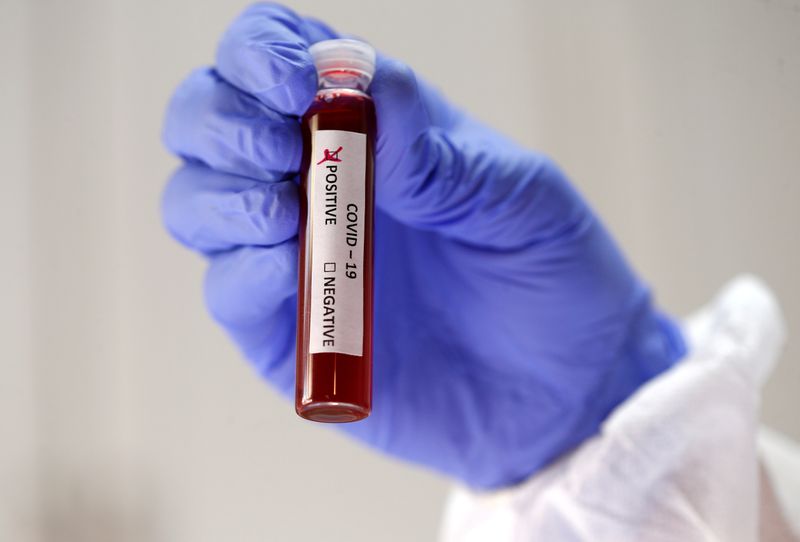(Reuters) – Here’s what you need to know about the coronavirus right now:
Worsening U.S. outbreak prompts tough actions
New Jersey adopted a stringent coronavirus face-mask order on Wednesday, and New York City unveiled a plan to allow public school students back into classrooms for just two or three days a week, as newly confirmed U.S. COVID-19 cases soared to a daily global record.
More than 47,000 people have died of COVID-19 in the two northeastern states, accounting for more than a third of the 132,000-plus Americans killed by the virus, according to a Reuters tally.
New Jersey Governor Phil Murphy unveiled an executive order requiring face coverings outdoors where social distancing is not possible, citing a rise in the state’s coronavirus transmission rate. “It’s about life and death,” Murphy, a Democrat, said at a briefing.
Coronavirus cases have been on the rise in 42 of the 50 states over the past two weeks, according to a Reuters analysis.
A controversial campaign rally held by President Donald Trump in Tulsa, Oklahoma, last month likely contributed to a rise in the number of coronavirus cases there, a top local health official said on Wednesday.
Brazil’s drug debate
Brazilian President Jair Bolsonaro, 65, has placed his faith in hydroxychloroquine and chloroquine to help his coronavirus-ravaged country and now himself beat COVID-19, turning them into the centrepiece of his government’s virus-fighting playbook.
Amid mounting evidence that these drugs have no benefit for hospitalized patients, they are now flashpoints in Brazil’s polarized politics. People’s views of the drugs have become something of a referendum on their president, much like masks in the United States.
To understand how Bolsonaro, who has derided the virus as “a little flu”, embraced this unconventional strategy, Reuters interviewed more than two dozen people including current and former health officials. What emerged was a picture of a leader worried about the crippling effects of lockdowns imposed by governors and mayors across Brazil, and eager for a quick fix to re-open the economy.
Good news in South Korea
Just one person in a South Korean survey of more than 3,000 people showed neutralizing antibodies to the novel coronavirus, health authorities said on Thursday, indicating the virus has not spread widely in the community.
While the sample size is small it is believed to be a reliable indicator of a low infection rate among the 51 million people of a country held up as a coronavirus mitigation success story.
South Korea at one time had the most serious outbreak of the coronavirus outside China. It has had 13,293 cases and 287 deaths and has won praise for handling the pandemic without a full lockdown of its economy.
Remdesivir that can be inhaled
Gilead Sciences Inc said on Wednesday it has started an early-stage study of its antiviral COVID-19 treatment remdesivir that can be inhaled, for use outside of hospitals.
The drug is currently used intravenously and an inhaled formulation would be given through a nebulizer, which could potentially allow for easier administration outside hospitals.
Remdesivir is believed to be at the forefront in the fight against the coronavirus after the drug helped shorten hospital recovery times in a clinical trial.
Silver bullet?
As global public transport operators look for ways to keep the coronavirus at bay on planes, trains and buses, one of Japan’s biggest rail firms is betting on the anti-microbial properties of silver to keep passengers safe on the world’s busiest subway.
Tokyo’s labyrinthine rail network of about 900 stations and roughly 85 lines has seen passenger numbers approach pre-virus levels since the city’s de facto lockdown was lifted in late May. This raises the risk of transmission via high-contact points such as hand straps, hand rails and seats, just as the city’s number of new cases of COVID-19 infection is rising again.
Tokyo Metro, the city’s main subway operator, has begun spraying its nearly 3,000 cars with a super-fine atomisation of a silver-based compound to repel the virus from surfaces.
(Compiled by Linda Noakes and Karishma Singh; editing by Emelia Sithole-Matarise)
























